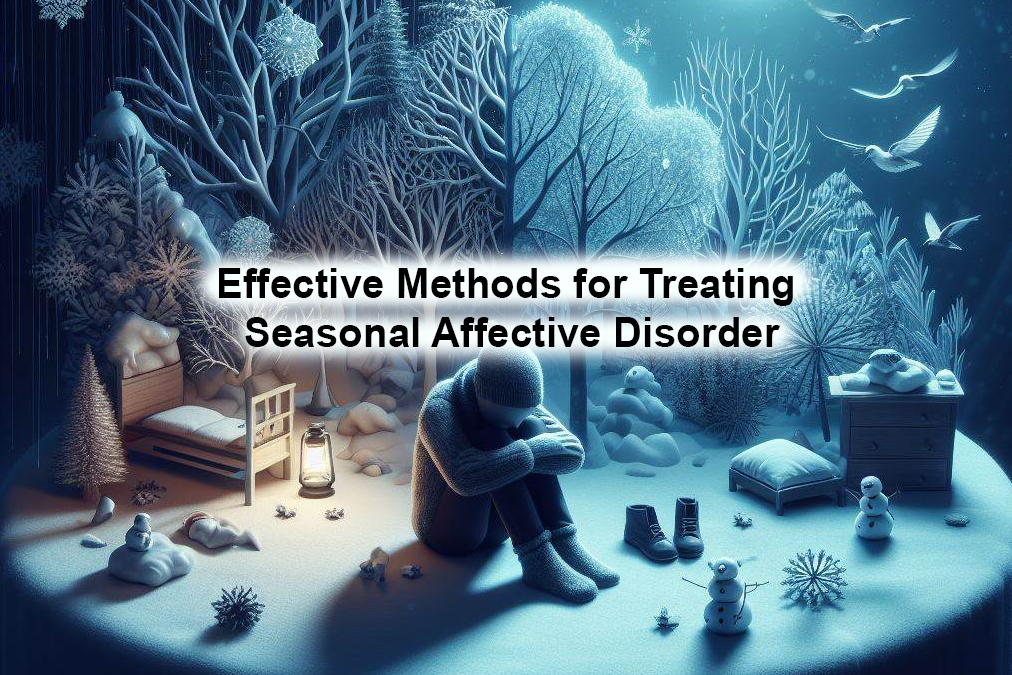What is Seasonal Affective Disorder (SAD)?
Seasonal Affective Disorder, commonly known as SAD, is a type of depression that occurs at a specific time of year, usually during the winter months when daylight hours are shorter. It is characterized by symptoms such as low mood, lack of energy, changes in appetite, and difficulty concentrating.
Understanding the Causes of Seasonal Affective Disorder
The exact cause of SAD is not fully understood, but it is believed to be related to changes in light exposure, which can disrupt the body’s internal clock and lead to imbalances in neurotransmitters such as serotonin and melatonin. Other factors such as genetics, age, and pre-existing mental health conditions may also play a role.
Light Therapy: A Common Treatment for SAD
Light therapy, also known as phototherapy, is a popular treatment for SAD. It involves exposure to bright artificial light that mimics natural sunlight. This therapy helps regulate the body’s internal clock and can improve mood and energy levels in people with SAD. Light therapy is usually administered daily for a specific duration, typically in the morning.
Vitamin D Supplementation: Addressing Deficiencies
Vitamin D deficiency has been linked to an increased risk of depression, including SAD. During the winter months, when sunlight exposure is limited, many people may experience lower levels of vitamin D. Supplementing with vitamin D can help alleviate symptoms of SAD and improve overall well-being.
Psychotherapy: Addressing Underlying Emotional Issues
Psychotherapy, or talk therapy, can be beneficial for individuals with SAD, especially those with underlying emotional issues contributing to their depression. Cognitive-behavioral therapy (CBT) is a common approach that helps individuals identify negative thought patterns and develop coping strategies to manage symptoms.
Medication Options for Severe Cases
In cases where SAD symptoms are severe and significantly impact daily functioning, medication may be prescribed. Antidepressants such as selective serotonin reuptake inhibitors (SSRIs) are commonly used to treat SAD. These medications help regulate neurotransmitter levels in the brain and can alleviate symptoms of depression.
Lifestyle Changes to Support Mental Health
Making lifestyle changes can also help manage symptoms of SAD. Regular exercise, a balanced diet, adequate sleep, and stress management techniques such as meditation and yoga can all contribute to improved mood and overall well-being. Spending time outdoors, even in the winter months, can also be beneficial.
Alternative Therapies and Complementary Approaches
In addition to conventional treatments, some individuals may find relief from SAD symptoms through alternative therapies and complementary approaches. These may include acupuncture, massage therapy, herbal supplements, and mind-body practices such as tai chi and qigong. While more research is needed to fully understand their effectiveness, these therapies may offer additional support for individuals with SAD.
Seeking Professional Help and Support
It’s essential for individuals experiencing symptoms of SAD to seek professional help and support. A healthcare provider, such as a primary care physician or mental health professional, can accurately diagnose SAD and recommend appropriate treatment options based on individual needs. Support groups and online communities can also provide valuable encouragement and understanding.
Conclusion
Seasonal Affective Disorder can significantly impact quality of life, but effective treatments are available to help manage symptoms and improve well-being. From light therapy and vitamin D supplementation to psychotherapy and lifestyle changes, there are various approaches to address SAD. By seeking professional help and adopting a holistic approach to treatment, individuals can better cope with the challenges of seasonal depression.

